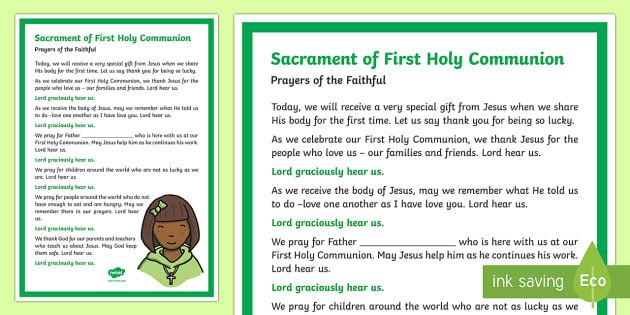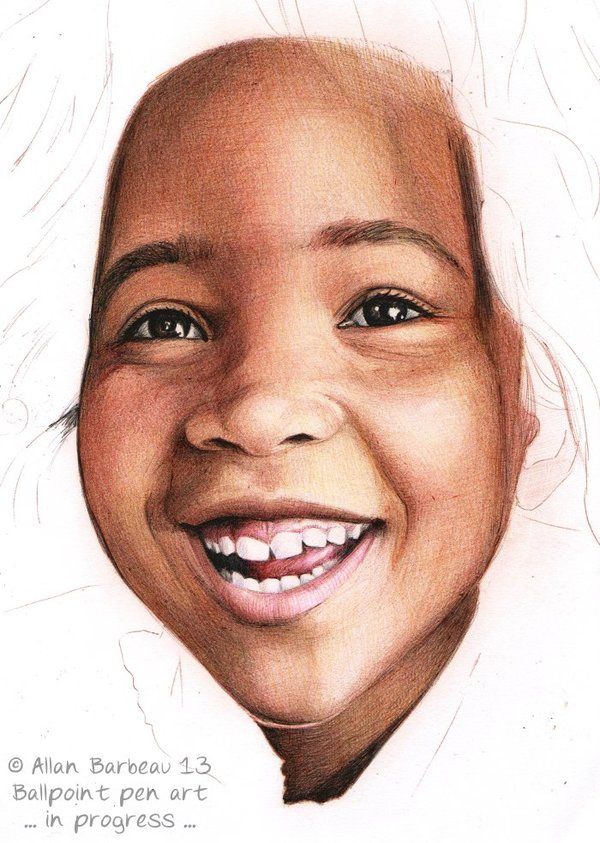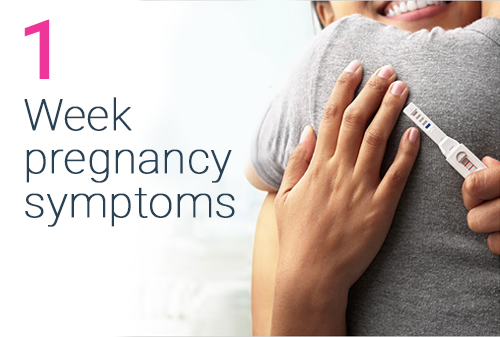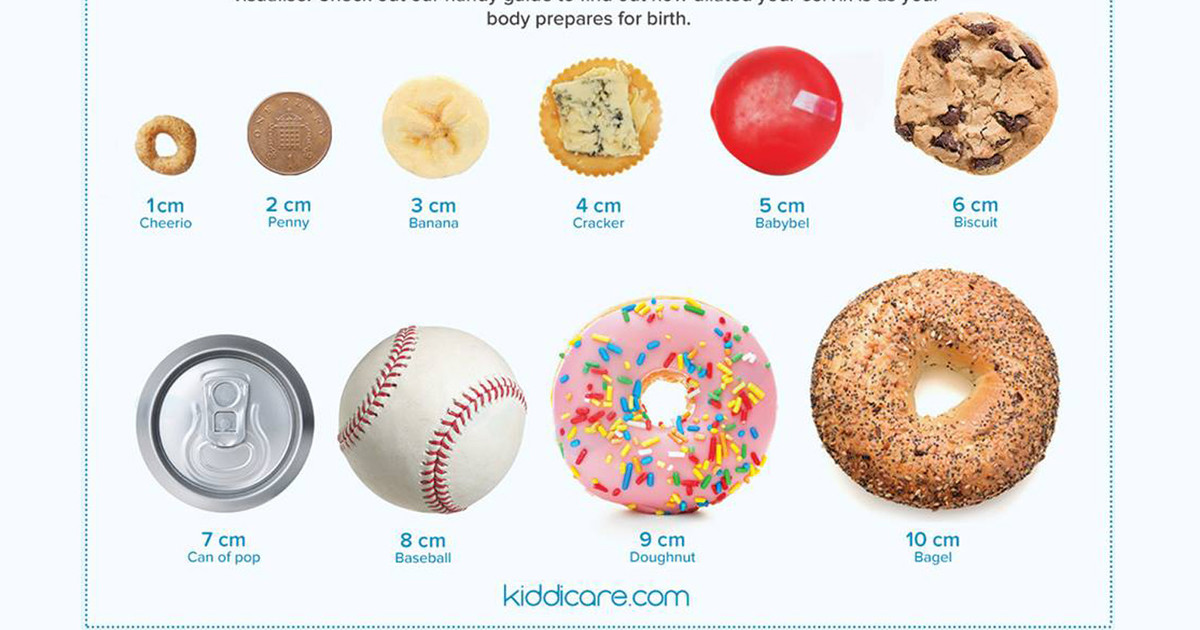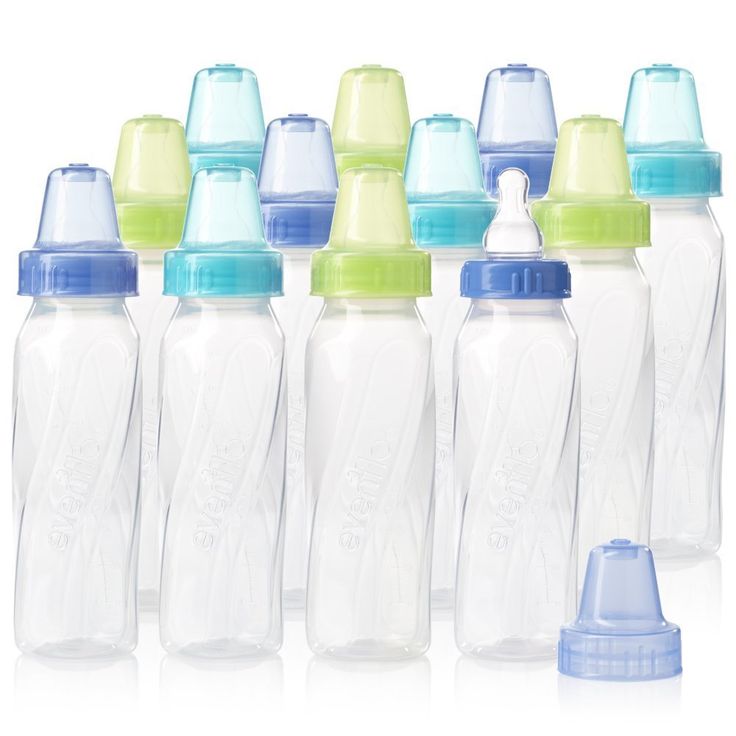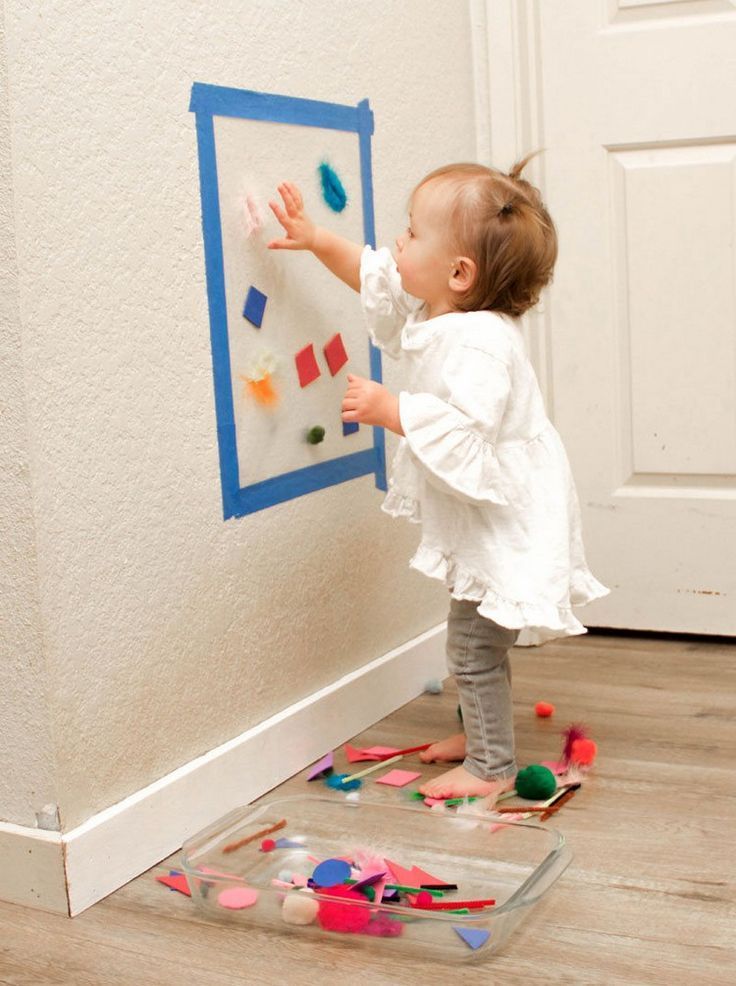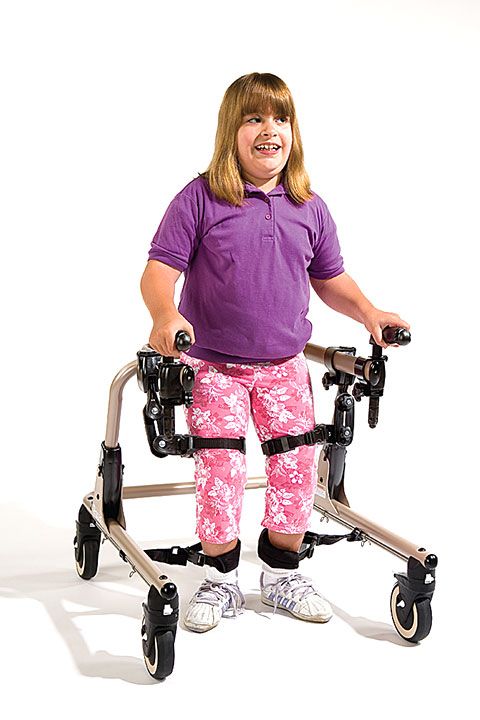How to prepare your child for first holy communion
Your Guide to Your Child's First Holy Communion Preparation
Your Guide to Your Child's First Holy Communion PreparationSkip to Top Navigation Skip to Header Skip to Category Navigation Skip to main content Skip to footer
- Home
- Blog Home
Posted by Idealbaby to Kid Tips
Receiving the Eucharist is one of the seven sacraments in the Catholic church as well as many other Christian denominations. It is often referred to as Holy Communion and it is an integral part of every Sunday Mass.
What parents might not remember is that there was an age when they weren't permitted to partake in Holy Communion. They first went through a first Holy Communion ceremony at an age when they were deemed ready to make the choice to follow the teachings of the church.
Perhaps now it is time for your own children to go through this rite of passage and you're wondering what you can do to help with first Holy Communion preparation.
If so, you've come to the right place. Read on to find out more about the first Holy Communion ceremony and what you can do to help your young ones prepare.
What is First Holy Communion?
First Holy Communion is a ceremony in which a child, for the first time, receives the Eucharist. It is prefaced with classes teaching them the significance of the Eucharist which usually spans from September to May.
In the Catholic church and a few other Christian denominations, children have reached the appropriate age when they turn seven and are still eligible until they turn fourteen. It is common for children to receive their first Holy Communion when they are in the second grade.
First Holy Communion Preparation
Whether your child is in their first Holy Communion classes now or they're approaching the eligible age, it's a good idea to contribute to their education and preparation both at home and in Mass.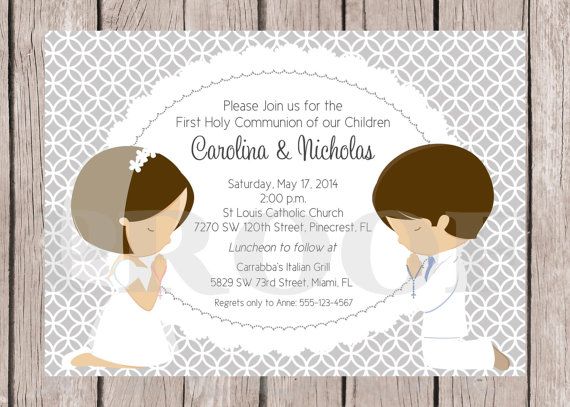 We'll talk about some of the most important things a parent can do to help.
We'll talk about some of the most important things a parent can do to help.
1) Continue First Holy Communion Education at Home
First Holy Communion groups often consist of twenty or more children. While in class, your child may become distracted by the other kids or find that the teacher doesn't have time to answer all of their questions. You can help your child understand the importance of Holy Communion by continuing their education at home.
Explain to them that the term "Eucharist" signifies thanksgiving to God for bestowing upon us for His creation, redemption, and sanctification. Tell the story of the Last Supper and explain that in the Catholic church, it is believed that the host becomes Jesus's body and the wine Jesus's blood, allowing us to become united with Jesus.
2) Attend Sunday Mass Every Week
In their first Holy Communion classes, your child is learning the importance and beauty of receiving the Eucharist. It may be difficult for them to understand the significance of this sacrament if you are choosing, every week, to forgo your opportunity to be a part of it. Attend Sunday Mass every week and allow them to walk with you as you receive the Eucharist.
Attend Sunday Mass every week and allow them to walk with you as you receive the Eucharist.
3) Practice Receiving the Eucharist
When you've been receiving Holy Communion for years, the proper motions and responses are second nature. However, for a child who has never been through this process before, it can seem like a lot to remember. This can make the day of the first Holy Communion ceremony nervewracking which may distract your child from the real meaning behind Communion.
Practicing at home is a great way to make your child comfortable with the process before they have to do it in front of tons of people. Use something like oyster crackers or goldfish.
First, the hands must be folded in prayer. Bow the head slightly before receiving the host to show reverence. When it is time to receive the host (or, in this case, cracker), one hand should be placed on top of another to create a miniature thrown.
The priest will say, "Body of Christ," and it is important to look at the host and respectfully respond, "Amen. " Use the lower hand to place the host in the mouth. Make the sign of the cross and proceed down the line to receive the wine.
" Use the lower hand to place the host in the mouth. Make the sign of the cross and proceed down the line to receive the wine.
4) Buy the Proper Attire
As a parent, the primary role you must focus on is purchasing the proper attire and accessories for your child. Many of the above lessons will be learned in class but only you can make sure that the dress code is fulfilled.
Some churches do provide specific guidelines for the dress code and you will want to speak with your child's first Holy Communion teacher for more information.
The dress code for girls includes a white dress that is age-appropriate and falls below the knees. White dress flats often accompany this outfit, as well as a white veil, headband, or flower crown. Dresses should be elegant but not overly decorative or distracting.
The dress code for boys includes a light or dark suit paired with a white button-down shirt. Dress shoes should be black, brown, or navy blue and ties should be made in a tasteful, solid color.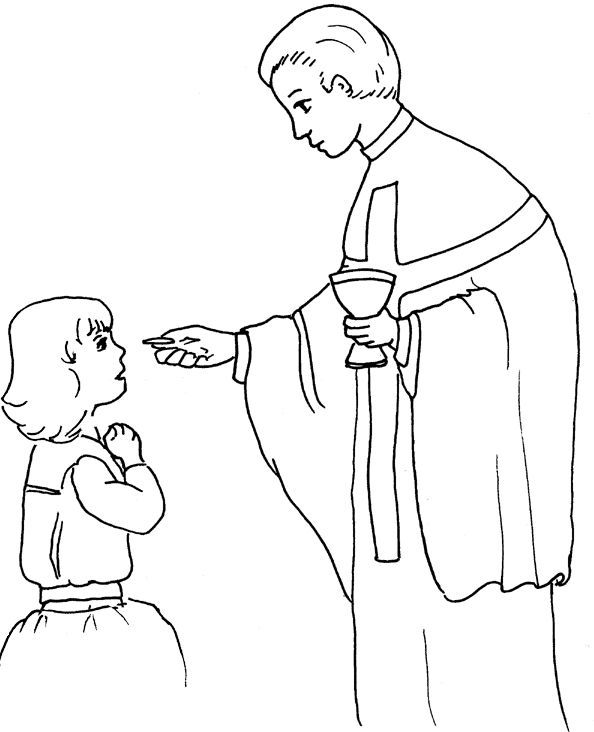
You will also want to provide your child with first communion accessories including their own rosary and Holy Communion Missal that will help them follow along in Mass. Chances are, teachers will ask you to purchase these items early in the class sessions so that your child can practice with them in the months leading up to the ceremony.
Allow Us to Help You With Your First Holy Communion Preparation
At Ideal Baby & Kids, we've helped countless families with their first Holy Communion preparation. We provide clothing and accessories that are certain to fit any church's dress code. We keep our products reasonably priced in spite of their high quality because we know that the last thing you should worry about on such a special day is money.
If you have questions about our products, delivery time, or sizing, contact us today.
Previous Post
Next Post
TOP
Five ways for parents to prepare children for First Holy Communion
The focus of many of my hours every week from September to May is being a catechist in parish religious education for my four classes of second graders.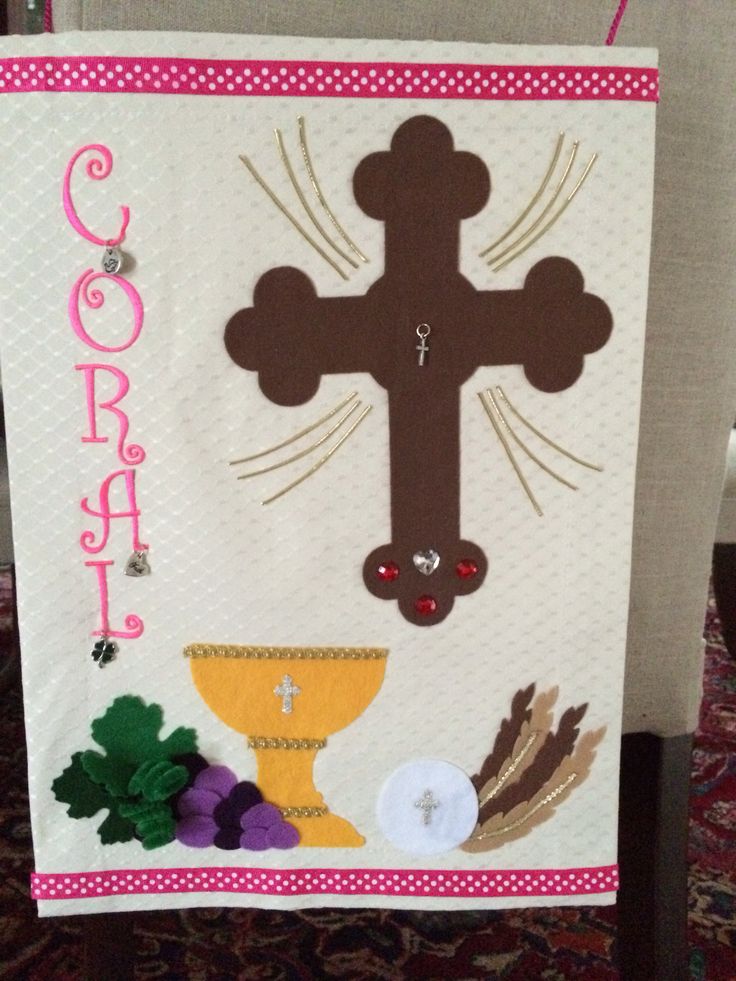 In both parishes, second grade is when the children celebrate first reconciliation and first holy Communion. I have been preparing children to receive first holy Communion now for 14 years.
In both parishes, second grade is when the children celebrate first reconciliation and first holy Communion. I have been preparing children to receive first holy Communion now for 14 years.
Someone recently asked me, as a catechist, what do I think parents should keep in mind as they guide their children toward first holy Communion? Well, here’s my response—five things I’d advise any parent to do to help their child prepare to receive the Eucharist for the first time.
1. Go to Sunday Mass.
Every week I tell the children it is important to go to Sunday Mass, and to please ask their parents to take them. I teach the children how beautiful, important and special it is to receive Jesus’ body, blood, soul and divinity in the Eucharist. If receiving Jesus in holy Communion is wonderful and special, then we would want to at least receive the Eucharist every Sunday. I implore families, don’t let “being too busy,” sports or anything keep you from going to Mass. I compare trying to live a Catholic life without Mass like trying to grow a plant without water. It will wither and die.
It will wither and die.
2. Talk about the real presence of Jesus in the Eucharist with your child.
The real presence of Jesus in the Eucharist is our belief that the bread and wine truly become the body and blood of Jesus. The Eucharist is not a symbol or a sign, but Jesus truly present.
The U.S. Conference of Catholic Bishops reminds Catholics Jesus’ “presence is not momentary nor simply signified, but wholly and permanently real under each of the consecrated species of bread and wine.” The Council of Trent affirmed that “the true body and blood of our Lord, together with his soul and divinity, exist under the species of bread and wine. His body exists under the species of bread and his blood under the species of wine, according to the import of his words.”
Near the start of our year of religious education, I tell my classes they are about to learn the most important thing all year: It is that the Eucharist is “really, really, really Jesus.” I come back to this over and over through the year.
I can’t remember how I reacted to the idea that through the prayers of the priest and the power of the Holy Spirit that God could become what appears to be bread and wine. When I stop to think about it, it really is amazing.
Talk with your child and make sure they understand the real presence. Try not to say “getting bread and wine.” Instead talk about “receiving the precious body and precious blood.”
A survey by Pew Research Forum and the Center for Applied Research in Apostolate, known as CARA, of self-identified adult Catholics showed that 45 to 50 percent of Catholics did not know the Catholic Church teaches belief in the real presence. If Catholics truly believed they were receiving Jesus Christ — body, blood, soul and divinity — wouldn’t they all be at Mass every Sunday and receiving the Eucharist reverently?
3. Model reverence and focus on the sacrament when celebrating first holy Communion.
First holy communion is an exciting time. There are special outfits, relatives and friends gathering and making a fuss, parties being planned, presents and the pageantry of the day.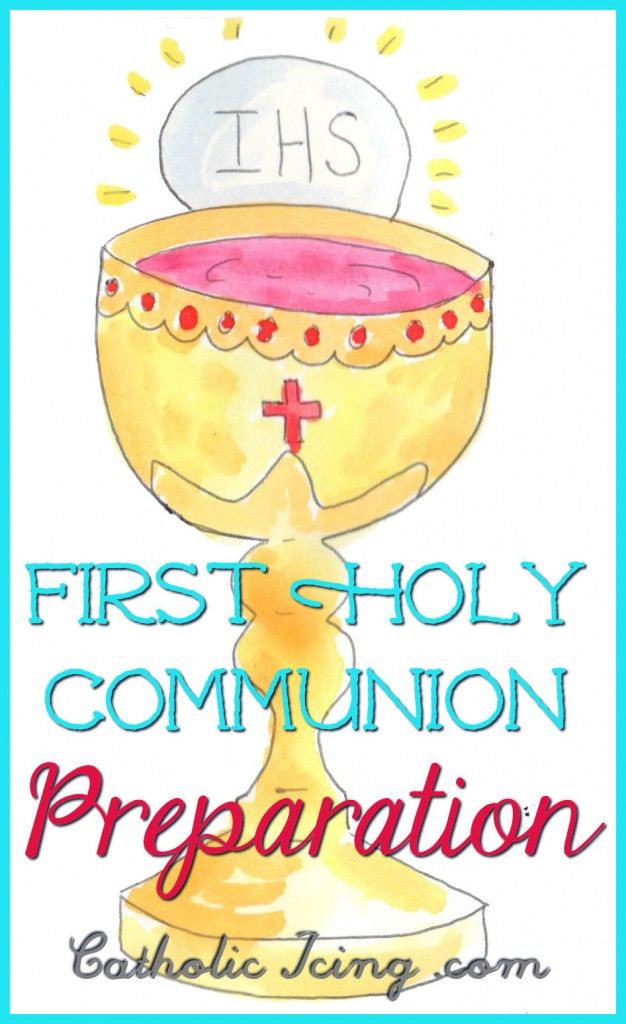 But please be careful for your child to be too caught up in the clothes, the party and the presents. It would be normal and natural for any child to focus on these happy things. Remind your child why all these wonderful and fun things are happening because they will be receiving Jesus in holy Communion for the first time.
But please be careful for your child to be too caught up in the clothes, the party and the presents. It would be normal and natural for any child to focus on these happy things. Remind your child why all these wonderful and fun things are happening because they will be receiving Jesus in holy Communion for the first time.
4. Receive Communion with reverence and practice receiving Holy Communion at home with your child.
The more they practice, the more comfortable they will be, and less nervous on the day of first Communion. Also, kids think it is fun to practice!
Here is an easy-to-follow guide to use at home:
- You can use any sort of small cracker (I use oyster crackers) to help them become comfortable with the sequence of how to receive.
- Process with hands folded in prayer, singing the Communion hymn.
- When it is his or her turn, he or she should make a slight bow of the head — this is our sign of reverence. No need to bow from the waist.
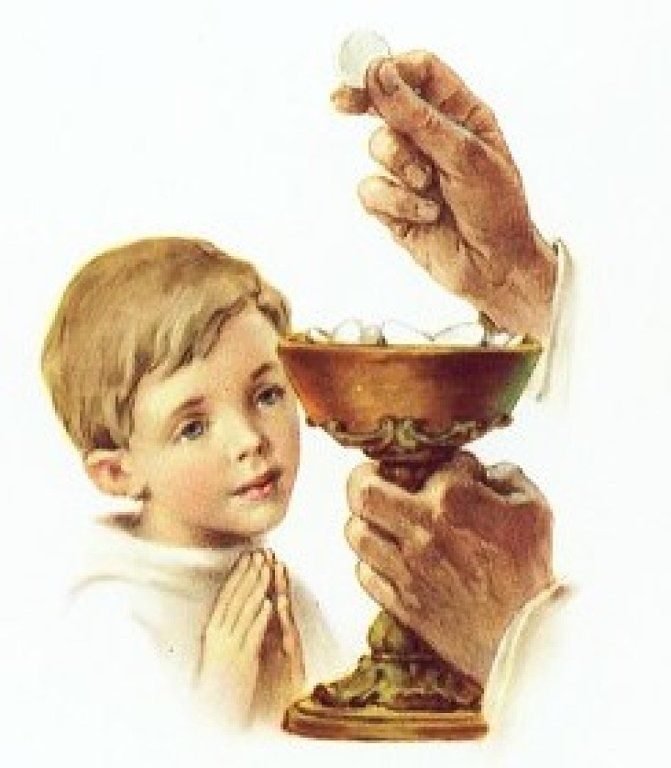 I tell them if their hair is flipping, it’s too big a bow.
I tell them if their hair is flipping, it’s too big a bow. - Everyone has the personal choice to receive on the tongue or in the hand. When teaching about how to receive in the hand, children should make a throne with their hands as if they are receiving a king. The hands should be one underneath the other, usually the dominant hand on the bottom.
- When the priest says “The body of Christ,” look at the host and respond “Amen” firmly like you believe it!
- Use the underneath hand to pick up the host and consume it immediately.
- Fold hands in prayer and process back to your seat to make a prayer of thanksgiving.
- If receiving on the tongue, gently extend your tongue after saying “Amen.”
- There is no need to make the sign of the cross after receiving. The bow before receiving is the sign of reverence.
I tell the children if they watch carefully every week during the Communion procession, they will see some adults who are good examples and some not very good examples, so the children need to be the extra good examples for the grown-ups.
5. Praise and thank God for the great gift of Communion.
St. Pius X called holy Communion “the shortest and surest way to heaven.” So not only on the day of first holy Communion, but after every Communion, we all should praise and thank God the great gift of our Lord received in the Eucharist.
Prayer after Communion
Lord Jesus, I love and adore you. You’re a special friend to me. Welcome, Lord Jesus, O welcome. Thank you for coming to me.
Thank you, Lord Jesus, O thank you for giving yourself to me. Make me strong to show your love wherever I may be.
Be near me, Lord Jesus, I ask you to stay, close by me forever and love me, I pray.
Bless all of us children in your loving care and bring us to heaven to live with you there.
My First Communion Journal
This beautiful First Communion journal is full of fun ways for Catholic kids to prepare for, remember, and live out their First Holy Communion. With its colorful design, prayers, devotions, special activities, and quotes from the saints and Scriptures, the My First Communion Journal can be used both before and after the child’s First Communion day.
You may also like
family faith formation, first holy Communion, LESSON PLANS , +2 PBG Sacraments Sacraments
Preparing children for communion
Children starting from the age of 7 should prepare for communion in a special way, until this moment children are taught communion without preparation
But children's preparation for communion is special, individual
As you know, you need to prepare for Communion and Confession, but children's preparation and children's confession are very special, incomparable to an adult. The task of a Christian, including a young one, is to benefit from Confession and Communion, therefore it is important that the preparation for the sacrament and the confession itself be carried out effectively and not overloaded. If the priest is experienced, this issue can be discussed on an individual basis, if the priest requires reading all the canons, strict fasting for the child, then the big question is whether this is useful .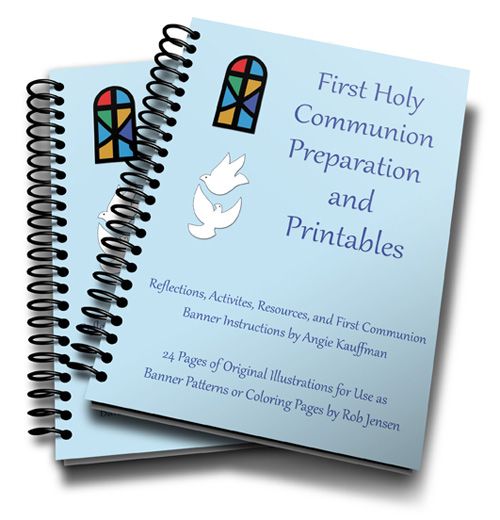 .. At this stage, in my opinion, an individual approach is important if a child from infancy to The temple is one thing, if from case to case it is another.
.. At this stage, in my opinion, an individual approach is important if a child from infancy to The temple is one thing, if from case to case it is another.
You need to talk and explain to the child, not to command and drag it by force
It is important to explain in simple terms to the child in advance, even before preparation, why he now needs to prepare for the sacrament. And in general, every parent should have a conversation with his child in a timely manner, that after the age of 7, his childhood ended, that adulthood began and all the sins and bad deeds of God and his Angels are taken into account and recorded on him. And in order to be cleansed of sins, he must independently confess and take communion. What is supposed to repent at Confession, the child also needs and can be explained in advance, because you are well aware of all the bad deeds and inclinations of your child. It is not necessary for the parents themselves to write a note to the child or to force them to stand over the soul until he writes this note. Leave to the child his Confession as an individual one, and do not ask according to Confession what he confessed about, nor what the priest asked. If the child wants, then he will tell, if not, then no.
Leave to the child his Confession as an individual one, and do not ask according to Confession what he confessed about, nor what the priest asked. If the child wants, then he will tell, if not, then no.
Alternatively, the preparation can be as follows, but it is important to discuss individually with the parish priest
On all issues related to fasting, I note that, in my opinion, it would be right to give up sweets for the first two days, on the second day to give up meat, but leave the opportunity to eat fish and dairy, and on the third day to give up fish and dairy. If the child is still small, then the third day we refuse fish, and leave dairy in the diet. By and large, this is all individually and is discussed with a specific confessor. Therefore, my reasoning in this case is more reasoning than a recipe.
The spiritual preparation of the child is also important
It is important, in addition to bodily preparation, to prepare the child for the sacrament and spiritually, by reading prayers more often, reading the children's Bible, watching cartoons less, and for example, replacing them with watching the Law of God, it is in our gallery.
Everything gradually, and prayers too
In all aspects related to prayer preparation, I will emphasize: the child needs to be accustomed to evening services, but if it is still difficult, you can first skip it, then come halfway, then stand completely. On the evening before Communion, just like adults, children do not need to watch cartoons, but need to read books about God and his Saints.
Next came the question of prayers. I am convinced that a child should be introduced into prayer gradually. First, as I think, it is permissible to read three prayers from the evening prayers, then after the "Canon to the Guardian Angel" read one prayer, after the "Canon to the Mother of God" read one prayer, after the "Canon to the Savior" read 1 prayer and then read 4 prayers from the "Canon to Holy Communion." I think this will be enough, but it is important to read them clearly, with attention, praying from the heart, but without developing a formal attitude to the prayer work.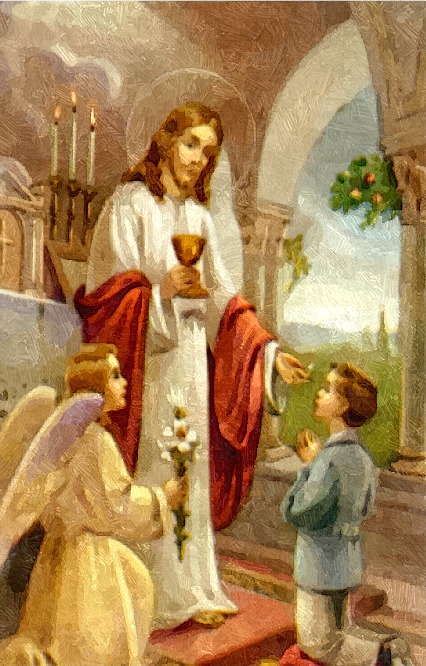 Gradually, the number of prayers should be increased. Look at the link to the prayer book of the publishing house of the Moscow Patriarchate, everything is prepared for children's prayer there.
Gradually, the number of prayers should be increased. Look at the link to the prayer book of the publishing house of the Moscow Patriarchate, everything is prepared for children's prayer there.
This material is collected from the patristic literature, which is freely available on the Internet, both separately (in fragments) and as whole electronic books, the volumes of which are very large for the modern reader, who, as a rule, is accustomed to capturing only the superficial essence. The author of this project systematized and selected the material as much as possible, highlighting the most important, focusing on his point of view.
The creator of this project does not claim the authorship of the presented materials and strongly recommends that interested readers purchase the full versions of the Holy Fathers in printed form. The sources used are indicated in the special section of our website "Recommended Literature and Sources", in addition, we have accompanied each book with a small review, useful for all concerned readers.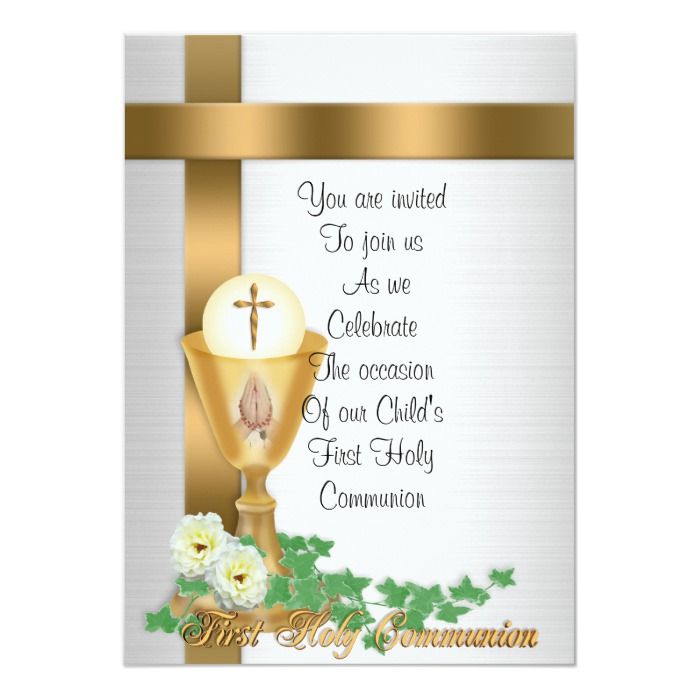
“Should a child fast before taking communion?”
- Again: if fasting is a burden for parents, then there is a problem with the child. And if this is the natural life of the family, then such questions do not even arise. The child eats what adults give him. Fasting is not a hunger strike. This is a change in your habits, lifestyle. The main thing in our life is not the number of prayers, not fasting - all this is just a means.
It is necessary not to prohibit, not to force, but that the child voluntarily accept such a way of life. If he was forced, he will break out from under the parental wing and still do it his own way, that's what's terrible. The Holy Fathers advise the child to be raised in such a way that when he grows up, when at the age of 7 he goes to confession for the first time, he himself feels like a Christian, so that he would take the yoke of Christ voluntarily.
It's impossible to force it. The beauty of such a life can only be shown.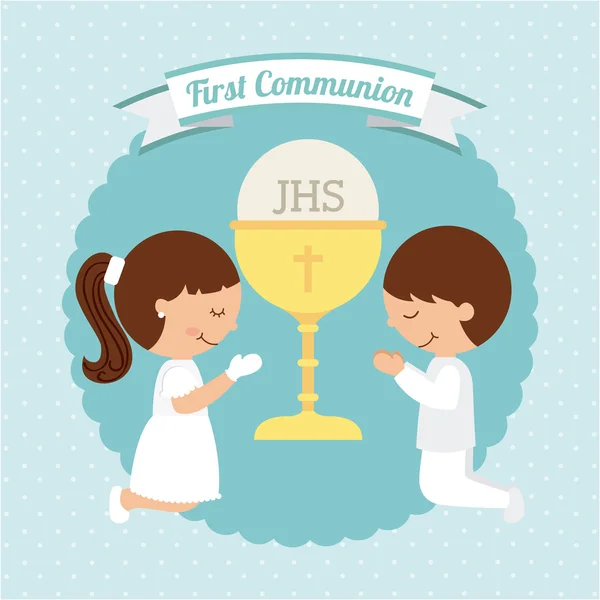 And when children are carried away by the spiritual life, they discover such wealth, which is incomparable with all the riches of the world. As in the Gospel: I found a pearl, went and sold everything for it. So is the spiritual life: if you find it, you will give up everything in order to live this life. It is necessary to help the child discover this wealth within himself, so that he does not think that this is all just external.
And when children are carried away by the spiritual life, they discover such wealth, which is incomparable with all the riches of the world. As in the Gospel: I found a pearl, went and sold everything for it. So is the spiritual life: if you find it, you will give up everything in order to live this life. It is necessary to help the child discover this wealth within himself, so that he does not think that this is all just external.
“If a child takes communion without confession, should he already somehow prepare for communion?”
- There are no special rules, but if it is possible that he does not eat before communion, it will be good. It is necessary to accustom the child so that from an early age he prepares for going to the temple, he was going to.
“When a child is preparing for his first confession, do you need to be told what sins he has, how to repent of them?”
We are used to drawing the attention of children to what they are doing badly. But after all, the main trouble is not that they do bad things, but that they do not try to do good things. The biggest sin is that a person does not do what he should do. They scold him, and the man realized that he was bad. But the sin is that he does not become good. The main sinfulness is inconsistency with the ideal, holiness.
But after all, the main trouble is not that they do bad things, but that they do not try to do good things. The biggest sin is that a person does not do what he should do. They scold him, and the man realized that he was bad. But the sin is that he does not become good. The main sinfulness is inconsistency with the ideal, holiness.
What is repentance? This is a change of life towards the ideal, holiness. I have to correct myself. If I have only a vision of deviation, and not movement towards the ideal, this is the worst. You need to see the goal of the Christian life - pleasing God. How did I not please God, should I please, but did not please? He did not do this, he did not do this ... Our very sins are not in doing, but in not doing. Failed to fulfill his obligations as a child. Which? Obedience to parents, help, humility, one's duties as a student... When an adult comes and says that he has no special sins, this is evidence of his misunderstanding of the purpose of his life.
“Do parents have to somehow guide, suggest, or does the child decide what to say to the priest?”
– Even before the age of seven, he must be prepared that the day will come when he will come for the first time to confession. This is a holiday! This is the first meeting of a child with a priest at confession. Parents give him a child from their hands. The priest must also be prepared for this. Pious parents warn me in advance.
I already know that the child has come for the first time and I need to talk to him. Here is another conversation - the conversation of the confessor, the spiritual nourishment of the child begins. Not just formally, the parents bring the child to church, but you need to bring it to the priest who will feed him later.
“May I ask a child what the priest said to him?”
- The secret of confession lies not only in the fact that the priest cannot talk about what he heard in confession, but the one who confessed must also keep it.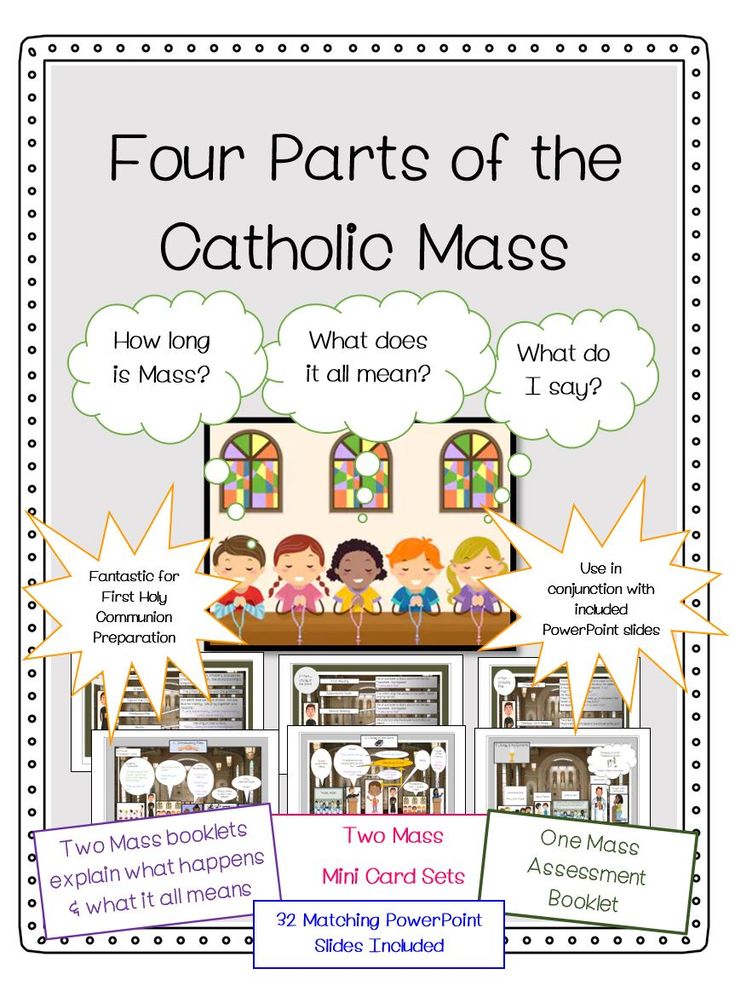 Idle curiosity about the mystery of the spiritual life is sinful. Therefore, parents should teach themselves to humble themselves, not to ask such questions.
Idle curiosity about the mystery of the spiritual life is sinful. Therefore, parents should teach themselves to humble themselves, not to ask such questions.
“What if the child wants to tell on his own, because he is used to sharing everything with his parents?”
“Then shut up and listen. Then consult with a priest. But do not stir up this conversation, do not encourage. Still, a conversation on confessional topics should be only at confession. And the child must also be able to keep his inner world.
“Parents can tell the priest: is the child not doing this or something else?”
- You can consult on issues that confuse parents.
First communion of a child | Church of the Nativity of John the Baptist in Ivanovskoye
Some parents and godparents are thinking about whether it is necessary to give communion to a child after Baptism. To to give a correct and exhaustive answer to this question, it is necessary to speculate on the meaning of the Sacrament of Baptism itself.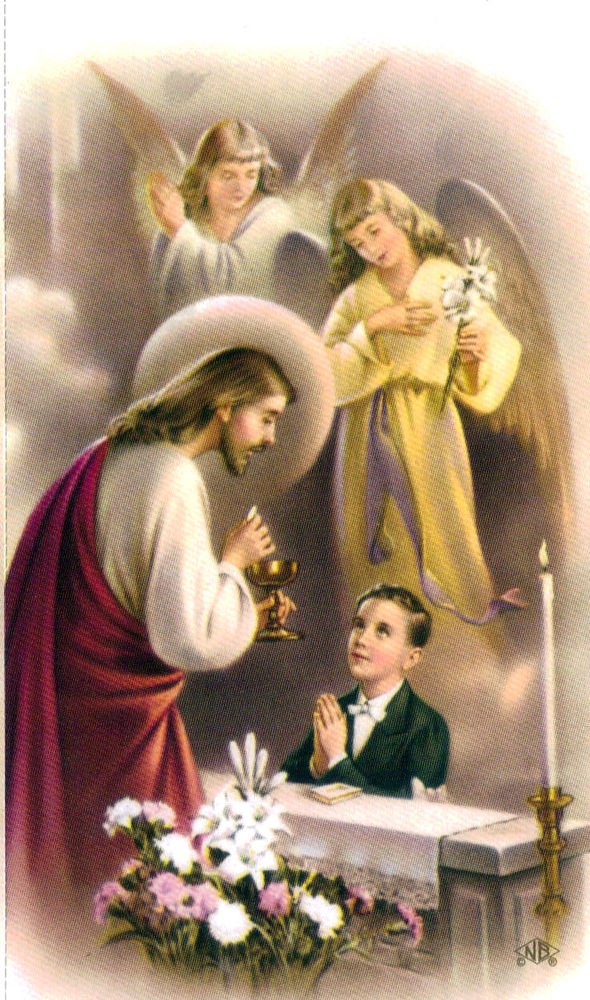 By According to the teachings of the Orthodox Church, during this Sacrament a person becomes a member of the Church of Christ. During interviews before the Sacrament of Baptism, the priest usually tells parents and godparents about the great responsibility which is entrusted to them at the baptism of a child. They must make every effort to ensure that their baby proved worthy of his Christian title. Imagine the life of a Christian who does not participate in church worship is impossible. Therefore, from the moment of Baptism, the child is brought to the Sacrament of the Eucharist or Communion.
By According to the teachings of the Orthodox Church, during this Sacrament a person becomes a member of the Church of Christ. During interviews before the Sacrament of Baptism, the priest usually tells parents and godparents about the great responsibility which is entrusted to them at the baptism of a child. They must make every effort to ensure that their baby proved worthy of his Christian title. Imagine the life of a Christian who does not participate in church worship is impossible. Therefore, from the moment of Baptism, the child is brought to the Sacrament of the Eucharist or Communion.
It will be wonderful if his parents and godparents will participate in this Sacrament along with the baby. When the priest during the celebration of the Sacrament of Communion, gives the child, under the guise of bread and wine, a particle of the Body itself and the Blood itself Christ, a real miracle is happening. This miracle cannot be described in human words, since during the Sacrament The Eucharist unites man with God himself.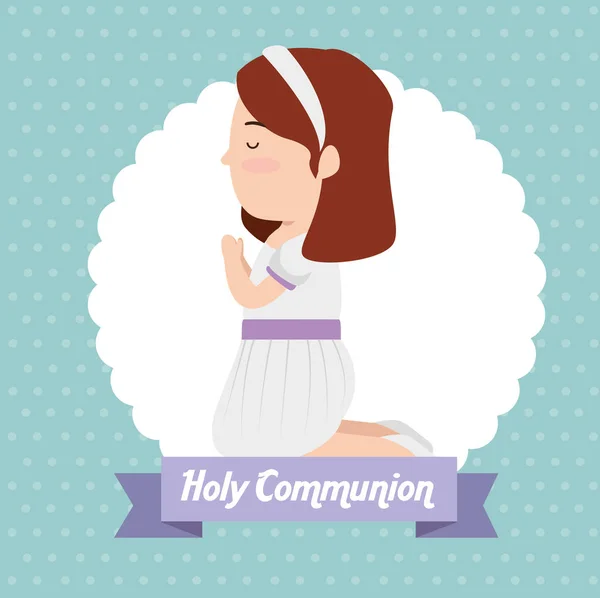 Therefore, it is not surprising that after participating in this holy Sacrament Churches, many terminally ill and dying people received complete healing. If the parents and godparents fail to bring the child to the Holy Chalice with Communion on the day of his baptism, then you need to do this in soon. Many priests recommend that the child participate in the sacrament of the sacrament every Sunday. day.
Therefore, it is not surprising that after participating in this holy Sacrament Churches, many terminally ill and dying people received complete healing. If the parents and godparents fail to bring the child to the Holy Chalice with Communion on the day of his baptism, then you need to do this in soon. Many priests recommend that the child participate in the sacrament of the sacrament every Sunday. day.
The mother's prayer after the baptism of the child is an integral part of the fulfillment of her maternal duty. maternal love is one of the most sacrificial kinds of love that exists on earth. At the time of baptism, a person special spiritual and bodily powers are communicated for life in Christ, it becomes more difficult for him to agree with unkind thoughts. At the same time, Christian virtues such as love, fidelity, friendship, respect, mercy, faith and many others. When the baby's parents and godparents decide what to do after baptism child, then first of all they should think about his first Eucharist in life.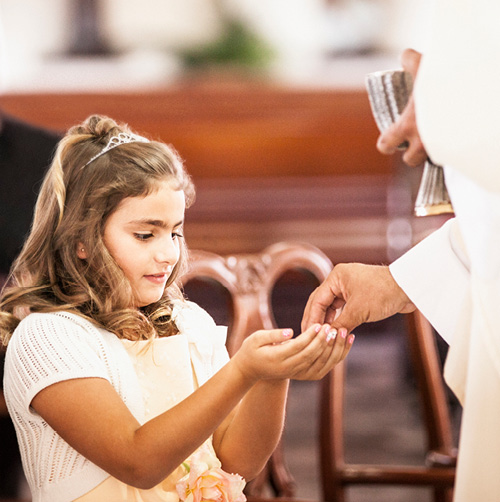 Baby won't be able to tell you about it to tell, however, he will feel a special grace and the inexpressible love of God, which will be poured into his heart during the sacrament of the Eucharist. His first Eucharist should be the first step in his active church life.
Baby won't be able to tell you about it to tell, however, he will feel a special grace and the inexpressible love of God, which will be poured into his heart during the sacrament of the Eucharist. His first Eucharist should be the first step in his active church life.
How to prepare for a child's first Communion after Baptism
The ideal option would be if the child's parents and godparents begin to receive communion after Baptism. Then at in preparation for this Sacrament, they will need to diligently read the canon of repentance to our Lord Jesus Christ, prayer canon to the Most Holy Theotokos, as well as the canon to the Guardian Angel, the canon to Holy Communion and adherence to Holy Communion. For adults, before Communion, it is recommended to consume at least three days fast food. On the evening before Communion or on the day of the celebration of the Divine Liturgy before Communion, one must proceed to Mystery of Confession.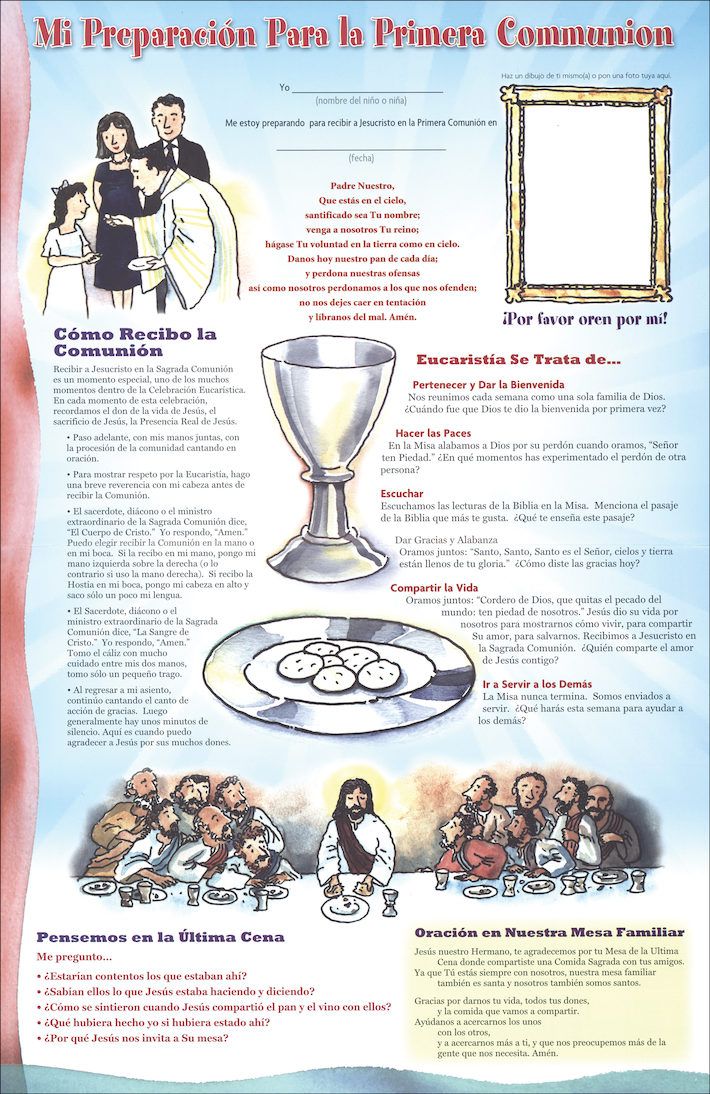 During Confession, one must wholeheartedly repent of committed sins and misdeeds.
During Confession, one must wholeheartedly repent of committed sins and misdeeds.
If the parents and godparents of the child do not have the opportunity to properly prepare for the Sacrament Communion and proceed to it, then you need to bring at least the child himself to the church for the Eucharist. Need for it pray both at home and in church. Communion of a child after Baptism is an important element at the beginning of his spiritual path. Children under three years old can be fed in the morning before Communion. Make sure your child gets a good night's sleep on the eve of the day on which you are going to go to church with him. It is important that he was not hungry, was dressed in clothes that are comfortable for him.
How is the first Communion of a child after Baptism
The first communion of a child after Baptism should not differ from subsequent ones. When adults who carry responsibility for the Christian upbringing of a child, think about how to take communion with a child, then they should know from one on the other hand, the spiritual requirements of preparation for this Sacrament, and on the other hand, some features of the external behavior.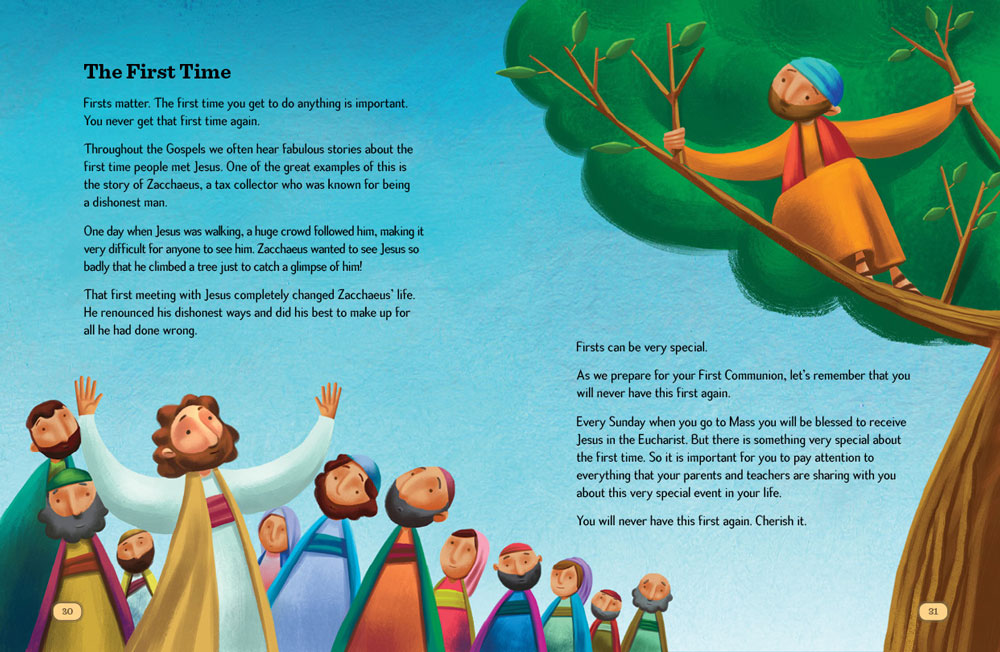 The spiritual rules include a special prayer for the child on the day of Communion. You need to ask the Lord how in your own words, as well as in words from the prayer book, so that the Lord vouchsafes the baby with His Divine grace, so that the child grew up as a true and worthy member of the Church of Christ, who follows the path of salvation.
The spiritual rules include a special prayer for the child on the day of Communion. You need to ask the Lord how in your own words, as well as in words from the prayer book, so that the Lord vouchsafes the baby with His Divine grace, so that the child grew up as a true and worthy member of the Church of Christ, who follows the path of salvation.
When you bring the child to the holy Chalice, it must be placed on the right hand. The baby's hands need to be carefully hold it so that he cannot accidentally push the priest's hand, which holds the holy Chalice with the Eucharist, with them.
The word Eucharist in Greek means "thanksgiving". When Christians Receive the Sacrament Holy Communion, they thus express gratitude to their Creator for all His blessings in their lives. In the Holy Scriptures of the New Testament there are such words: "In everything give thanks." Of course, the Sacrament of Holy Communion is not is the only way to express your gratitude to the Lord, but it should be an integral part of way of Christian life.